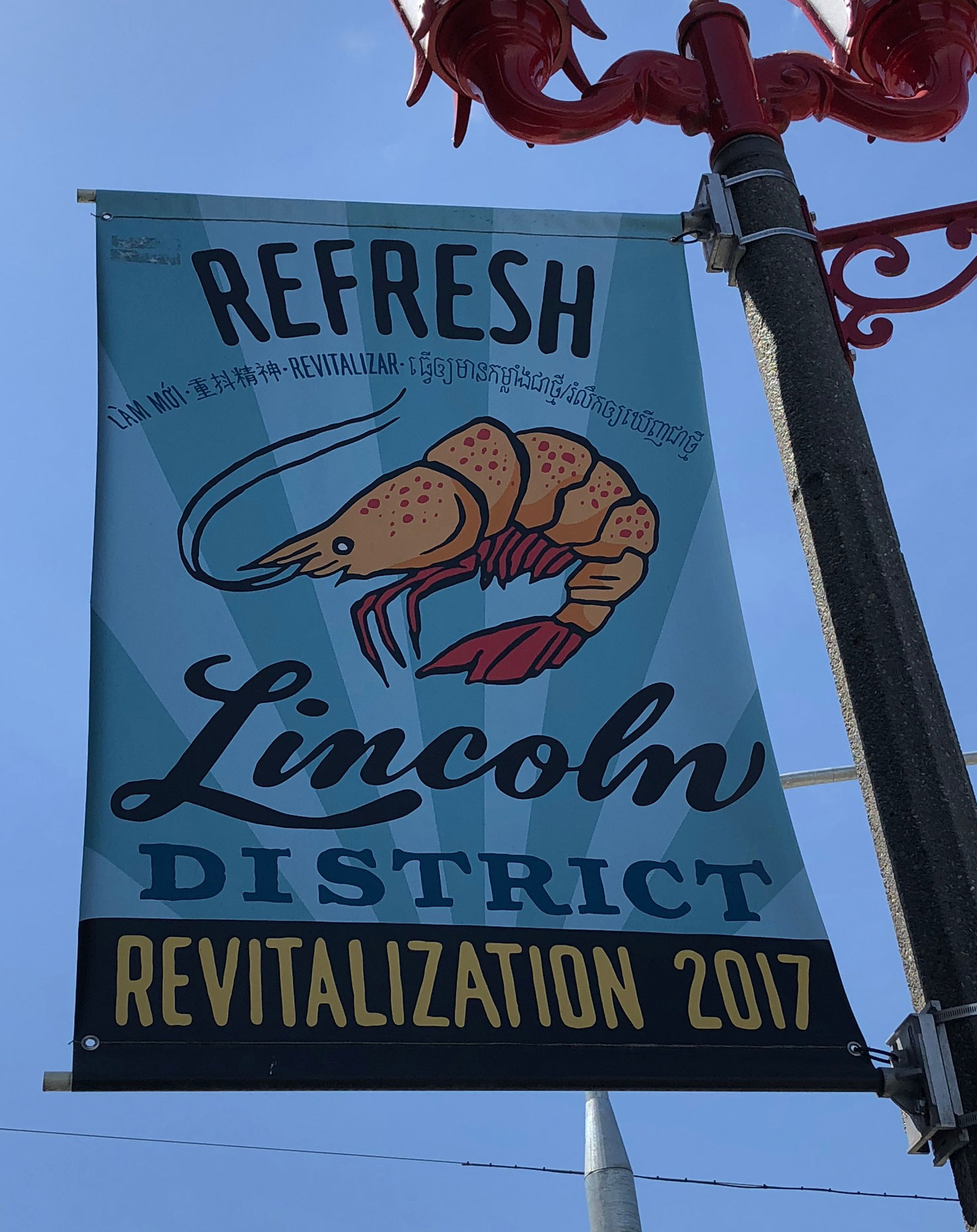By Morf Morford
Tacoma Daily Index
The Clinton presidency was famous for the phrase “It’s the economy, stupid” posted on the president’s office wall.
The political premise was that if the economy was doing well, the president, rightly or wrongly, could take credit for it – or at least be associated with it.
Conversely, if the economy soured, the sitting president would be forever associated with a failing economic plan and set of policies.
“All politics is local” is another shorthand saying for how events are perceived – if they impact us directly, they matter much more than if they happened across the country – and they mean even less if it happened to someone of a different color, faith or nationality – especially if they are half a world away.
In the last half of the 20th Century, and certainly so far in the 21st Century, the environmental movement and industrial expansion and development have been in intense conflict over how we should respond to the various essential – and sometimes contradictory – moving parts, basic needs and shifting priorities of the current economy.
This battles of wills is, in some strange historical synchronicity summed up in two words: ecology and economy. Clinton’s pithy political intuition “It’s the economy, stupid” embodied contemporary wit but lacked sustainable wisdom.
Oddly enough, these two words, economy and ecology share a common root eco – from Greek oikos, house or household. Further back, the Indo-European root is woikos which gives us Latin vicus, a cluster of houses, hence our words village and vicinity. So, at its most basic, eco means dwelling place. Ecology and economy differ in their suffixes. (1*) Logy is from Greek logos, from legein, to gather, count, or to recount – to tell – and retell our story.


Ecology, at root means the legend, history and identity of the dwelling place, the story of where we live. Simply put ecology is talking about home, the science and story of dwelling – of inhabiting, existing in and the acts of making a nation, a community, a neighborhood or even a home, our own.
Ecology includes every one and every thing, that plays a part in the local story; plants, animals, weather, seasons, soils, rocks, ghosts, rumors and legends, glaciers and microbes.
Have you ever noticed how much we, and perhaps everyone everywhere, are defined – or define ourselves by our weather or our landscape?
Ecology is a word not used or heard much lately, but it is a terms that attempts to articulate and understand the complex, interactive synergy of us, the locals: the ones who live here, the ones who know the twists and turns of the weather, the economy and relationships.
Economy is eco plus nomos. Nomos is from another Greek word nemein, which means to distribute. Economy is from Greek oikonomia, household management. Our sense of economy as thrift emerges from this root sense. By extension, economy has come to include all enterprise – especially the larger national, if not international, system of trade and exchange.
So are ecology and economy necessarily in conflict?
Ecology is the story of the sustainable care of the “house.”
Ecology is the natural traditional and proper context of economy. In a deep, continuing and historic sense, economy is an aspect of ecology, an actor, a part in its drama – and a key element of the living systems ultimate success – or demise.
But this is not how modern economy understands itself. The modern economy is not a “household” enterprise – in fact our economy prides itself on its (fantasy of) interchangability; a supermarket or fast food place in one city is largely the same as its corollary in any other city – or even country.
A focus group marketing plan that works in one place should, so we are told, work in any other.
If our defining purpose is more jobs – or more dollars – any place will do. And any project will do.
Any use of resources – including human resources – is justifiable. In fact the more catastrophic the impact, the more “jobs” are created.
One study pointed out that a car accident – with major damage and multiple injuries “created” all kinds of jobs while a back yard garden might provide food, exercise and extended learning experiences while adding virtually nothing to the local economy.
In a classic extractive economy – oil, coal, timber or minerals for example, when the resources are depleted and the resources play out, the workers move onto the next site – assuming there is one.
The ravaged site is often a landscape torn and saturated in toxic waste and a legacy of wealth taken.
We in Tacoma know this story all too well. The poisonous legacy of the ASARCO copper smelter is still – a hundred years later – costing our city both dollars and the lingering impact of our reputation as a contaminated and undesirable city in which to live or do business.
For every dollar “earned” at the ASARCO smelter, I’d guess that dozens, if not hundreds, of dollars in debt and recovery has been left for following generations. (2*)
We know, perhaps more than most, what every sustainable community – if not civilization – must know; the choice is never between the environment and the economy.
Without a livable environment, no economy is possible. No amount of jobs or economic development will matter if no one wants to live in your community.
But if our larger goal is to nurture and develop a solid, sustainable and welcoming community – even to our children, grandchildren or anyone multiple generations from now, our choices are clear and our priorities even clearer – the decisions we make – and the built environment we leave behind is a living testimony of how much we cared about a community we will probably never see but who will live in the shadows and lingering architectural monuments we leave behind.
Financial opportunities will come and go – economic trends will rise and fall – but communities and their legacies – in human terms at least – are essentially forever.
The choice between the environment and the economy is the ultimate false dichotomy – without a healthy, interwoven reciprocity between both of them, our cultural shelf-life shrinks by the day.
Yes, it is all about the economy, but the economy is about much more than money.
(1*) As a reminder, a suffix is the part of a word that comes after the root. The root is usually the noun. The suffix is the verb or modifier (or both) that describes how the noun is used.
(2*) For further details on the full “cost” of those jobs, look at these websites – https://ecology.wa.gov/Spills-Cleanup/Contamination-cleanup/Cleanup-sites/Toxic-cleanup-sites/Tacoma-smelter or https://www.healthandenvironment.org/environmental-health/social-context/history/tacoma-smelter-a-toxic-legacy-of-lead-and-arsenic-contamination









